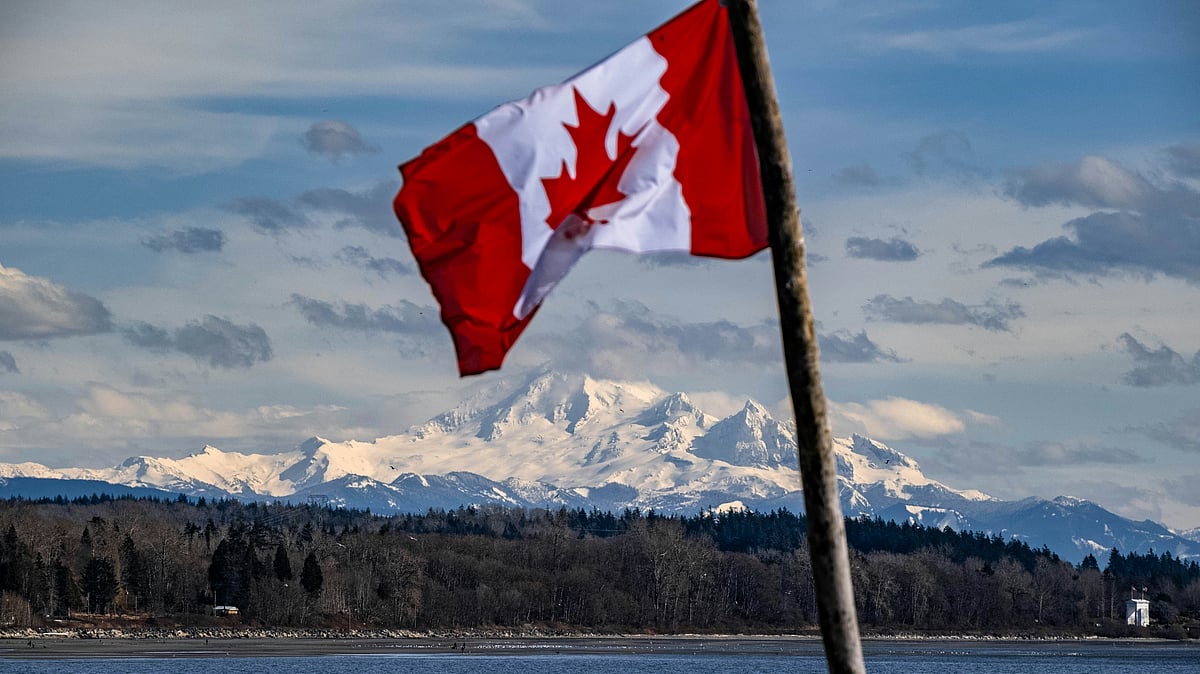India’s outreach to Gulf countries and the broader Arab world has become an “increasingly important pillar of its foreign policy,” the country’s External Affairs Minister, Dr. S Jaishankar, said today.
In a detailed statement laid on the table of the Lok Sabha, the lower House of India’s Parliament, Jaishankar said “this region has traditionally been important for India’s energy security. The welfare of the Indian diaspora in the region is also a high priority.”
However, under a recent, innovative “Think West Policy,” ties with these countries have moved beyond conventional areas of cooperation.
“Relations with countries in the Gulf region and the Arab world, have continued to deepen through sustained high-level visits, increased trade, investment and strengthening of relations in areas such as energy, security, culture, education, health, and enhanced investments.”
Jaishankar was answering a question by two Members of Parliament (MPs), Rajendra Dhedya Gavit and Kirit Premjibhai Solanki, on “Think West Policy” and whether it has contributed to the realisation of the government’s vision for “Security and Growth for All in the Region,” popularly known as SAGAR.
A statement is “laid on the table” of the Lok Sabha under a parliamentary procedure as the basis for further discussions on “starred” questions asked by MPs.
The Minister said the key focus of India’s foreign policy remains its immediate and extended neighbourhood.
“India’s historical and civilisational ties with countries in the region continue to guide our approach to our neighbourhood and beyond. Think West Policy and the vision for SAGAR respectively seek to comprehensively enhance our engagement with relevant countries,” the statement added.
SAGAR is envisioning India to make contributions in connectivity, capacity building, disaster management and promoting sustainable development, Jaishankar told Parliament.
(The article is published under a mutual content partnership arrangement between The Free Press Journal and The Brew News)










